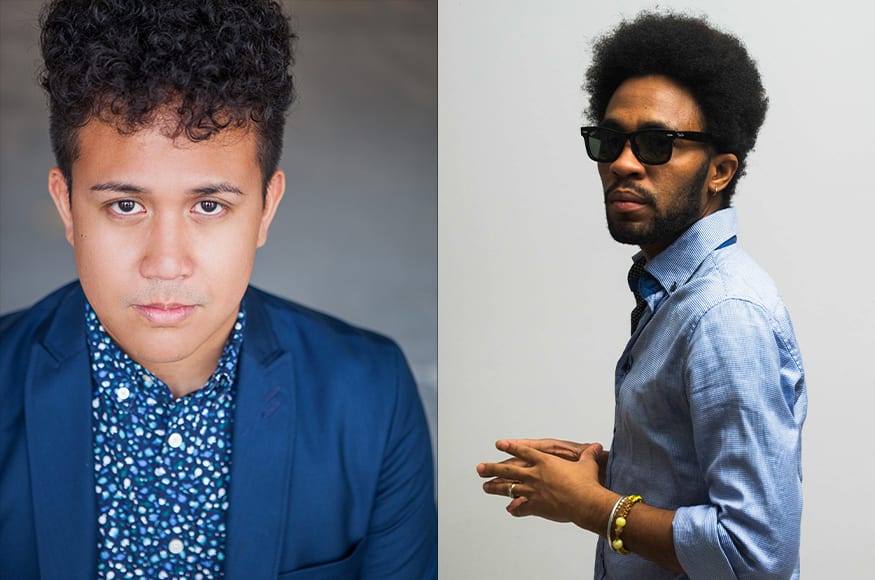
An integral part of the Music 101 Studio Performance class is the opportunity to engage with guest speakers who are leaders in the music performance and composition industry. The recital class for music majors and minors spends a few classes each semester learning from a guest musician. To kick off 2021, Professor T.J. Harper and Dr. Wojciech Kocyan introduced the topic of diversity in music making to the guest speaker series.
In January, Dr. Jace Saplan, the Director of Choral Activities and Assistant Professor of Music at the University of Hawai’i Mānoa, was invited to discuss the ways performing, composing and studying music can communicate and affirm BIPOC and LGBTQIA+ experiences. Then in February, Dayramir González, an Afro-Cuban jazz pianist who is known internationally for his orchestrations and compositions, talked about his musical background and the impact of his upbringing in Cuba on his compositions, performing and artistic vision.
“As a woman of color studying European music, it was inspiring to hear from Dr. Saplan and Mr. González that what I study in school and my ethnic background can coexist,” said Gabrielle Poma, a senior Vocal Performance student.
Both speakers had the opportunity to share some of their music performance and discuss the ways their identities influence their relationship to music in an academic setting. Dr. Saplan shared a video of a Nā Wai Chamber Choir performance, a professional vocal ensemble dedicated to the preservation of Hawaiian choral music, where Dr. Saplan is the Artistic Director. Dr. Saplan grew up in Hilo, Hawaii where his grandmother was his first contact of performance music in the tradition of her ancestors from the island. He attributes his connection with his ancestors through music as the reason why he is a choral director and music professor today.
“Dr. Saplan’s talk emphasized not rejecting a part of you just because it doesn’t fit into the Western framework,” said Jeremy Lee, a junior Economics and Music double major. “I hope to reflect on using every part of my experience to inform my music making.”
González illustrated his creative process as a jazz musician by demonstrating his improvisation on the keyboard. “The way that Mr. Gonzalez improvised and talked about his composition process showed that he’s at a point where music is just pouring out of him,” said Lilly McCarty, a senior Music Theory and Composition student. “He told us that when he improvises he can’t even remember what he is playing because it just comes out of him so naturally. Mr. Gonzalez also reflected on using his academic knowledge of music theory in relation to the way he plays music with his dad and his friends. The idea of using music theory to engage with his culture is really freeing and beautiful.”
The Studio Performance students appreciated the discussions from both guest speakers about bringing your own identity into the academic music setting. “González talked about how grateful he is to have learned his musical foundations in classical training,” said Dr. Kocyan. “Using his classical skills, he was able to become an expert jazz pianist, showing that studying classical music is not limiting, in fact it’s quite the opposite. The creative process is rooted in knowledge, as González demonstrated in his improvisations. I think both Dr. Saplan and González’s talks have helped students reflect on their own discovery of their identities within an academic setting where they are classically trained.”
The Music Department is looking forward to welcoming guest speaker William Chapman Nyaho, a pianist who specializes in music of the African diaspora, in the upcoming fall semester.



